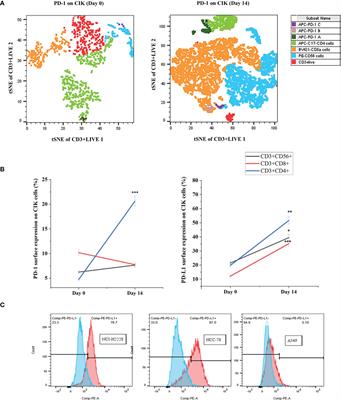ORIGINAL RESEARCH
Published on 23 Aug 2022
Is ICI-based therapy better than chemotherapy for metastatic NSCLC patients who develop EGFR-TKI resistance? A real-world investigation

doi 10.3389/fonc.2022.920047
- 2,555 views
- 8 citations
33k
Total downloads
115k
Total views and downloads
ORIGINAL RESEARCH
Published on 23 Aug 2022

SYSTEMATIC REVIEW
Published on 10 Aug 2022

ORIGINAL RESEARCH
Published on 20 Jun 2022

ORIGINAL RESEARCH
Published on 11 May 2022

ORIGINAL RESEARCH
Published on 16 Dec 2021

ORIGINAL RESEARCH
Published on 13 Dec 2021

ORIGINAL RESEARCH
Published on 12 Aug 2021

ORIGINAL RESEARCH
Published on 28 Jun 2021

SYSTEMATIC REVIEW
Published on 25 Jun 2021

ORIGINAL RESEARCH
Published on 24 Jun 2021

ORIGINAL RESEARCH
Published on 23 Jun 2021

CASE REPORT
Published on 21 Jun 2021

